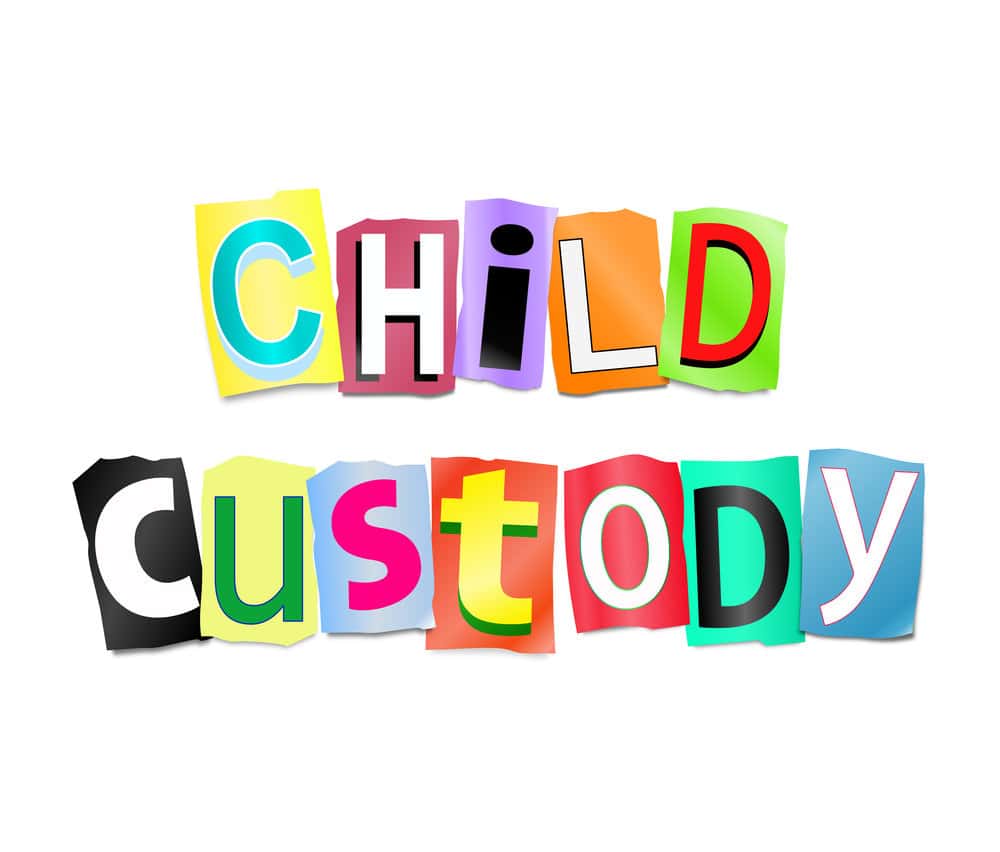Divorce can be hard on every couple, but being unaware of the legalities surrounding the process can drive up anxiety and further complicate a fragmenting relationship. Moreover, custody battles can further complicate matters for those who don’t know the basics of the law in this domain.
Florida residents fighting for divorce must learn about the local regulations, which are crucial to the process and specific to the region. For example, while the state allows for a simplified dissolution process, it follows a “no-fault” model. This means neither party needs to prove fault or wrongdoing to obtain a divorce – either spouse can file for divorce by stating that the marriage is “irretrievably broken.” Furthermore, to file for divorce in Florida, either spouse must be a state resident for at least six months before filing the petition.
Divorce proceedings are often emotionally charged and complex. When a custody negotiation is involved, the stakes are higher. To ensure the best possible outcome for all parties involved, it is important to understand the evaluation process and its impact on divorce litigation. Nonetheless, seeking high-quality legal representation can ensure you go through this process seamlessly. This is why divorcing couples must consult competent legal aid who can provide valuable insight into individual rights, responsibilities, and future options.
What is a Custody Evaluation?
A custody evaluation is an assessment conducted by a mental health professional that evaluates the parents’ ability to provide for their children’s needs regarding safety, stability, emotional support, physical health care, education, and other factors that promote healthy development. The evaluator will interview both parents individually and observe them interacting with their children. They may also speak with extended family members or individuals who have interacted with the family to gain further insight into the family dynamics.
Purpose of a Custody Evaluation
Custody evaluations are used by courts when deciding on child custody arrangements during divorce proceedings. These evaluations evaluate each parent’s ability to meet their children’s emotional and physical needs while providing an environment that promotes healthy development. By assessing each parent’s strengths and weaknesses regarding parenting skills, the court can make informed decisions about what arrangement would benefit all parties involved.
Benefits of an Evaluation
An evaluation provides an impartial third-party opinion which can be invaluable during divorce proceedings where emotions often run high. It allows both sides to present their case without bias or prejudice from either party or outside influences, such as friends or family members who may have strong opinions on how things should be handled. Additionally, it allows for a more accurate determination of what type of arrangement would best serve the interests of both parents and their children without one side having more influence than another due to personal relationships or biases they may have towards one parent over another.
Potential Drawbacks
Although many potential benefits are associated with using a custody evaluation during divorce proceedings, some potential drawbacks should also be considered before deciding if this option is right for you.
One potential drawback is that it can be expensive since mental health professionals charge fees for conducting these assessments, which could add up quickly depending on how long it takes them to complete their work product thoroughly enough to meet court standards.
Additionally, if one party does not cooperate fully, this could lead to delays, increasing costs even further. Lastly, some people may feel uncomfortable discussing personal matters with someone they do not know, which could make them anxious or overwhelmed throughout the process.
Impact On Divorce Litigation
The results from a custody evaluation can significantly impact divorce litigation since they will typically carry substantial weight when determining child custody arrangements. The court may use these findings and other evidence presented by either party, such as financial records, witness testimony, etc., to determine the arrangement most beneficial for everyone involved.
Furthermore, if either party fails to comply with any recommendations made by the evaluator, then this could result in negative consequences like loss of visitation privileges or even full custodial rights being granted to the other parent instead.
Conclusion
Understanding how a custody evaluation works during divorce litigations can help ensure better outcomes for all parties involved. Knowing its purpose, benefits, drawbacks, and impact helps prepare anyone going through this process so they know what to expect ahead of time. Ultimately, seeking out good legal representation is a key factor in ensuring the successful resolution of any disputes related to child custody matters arising from divorce cases.




